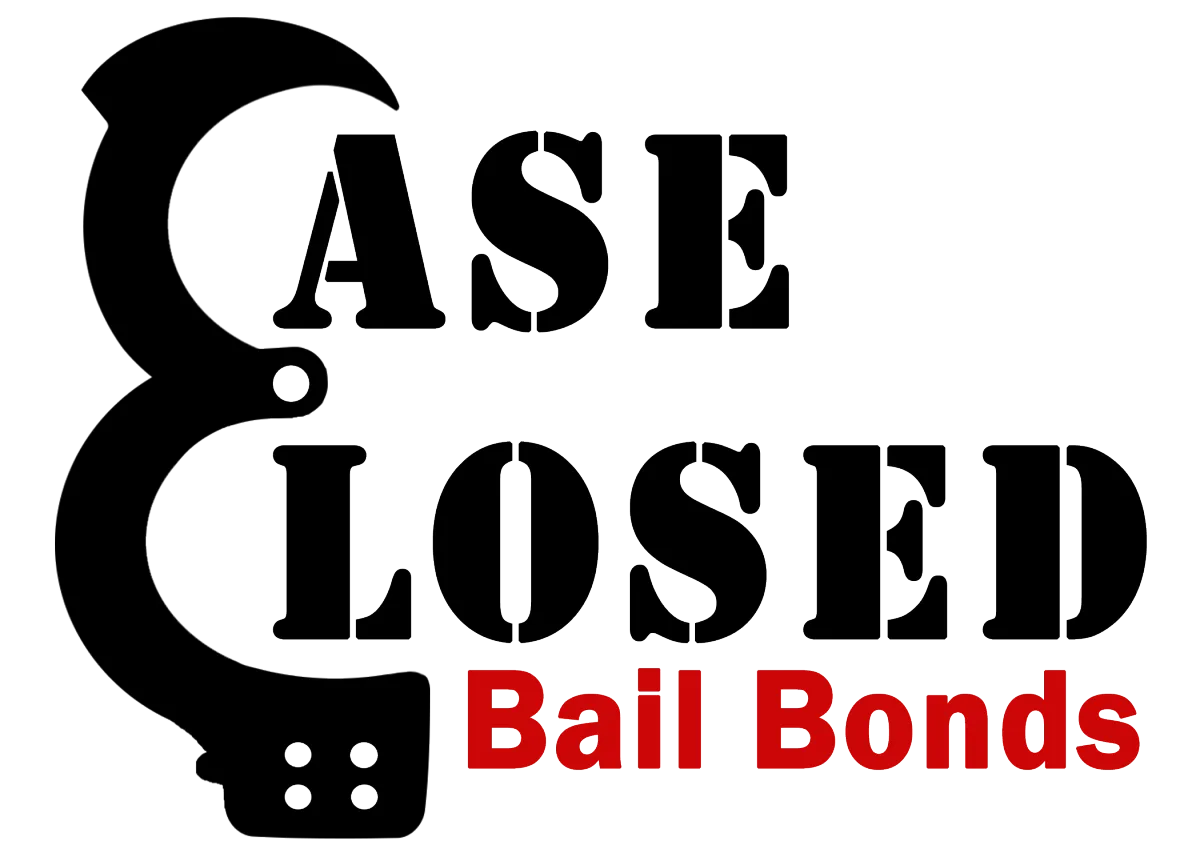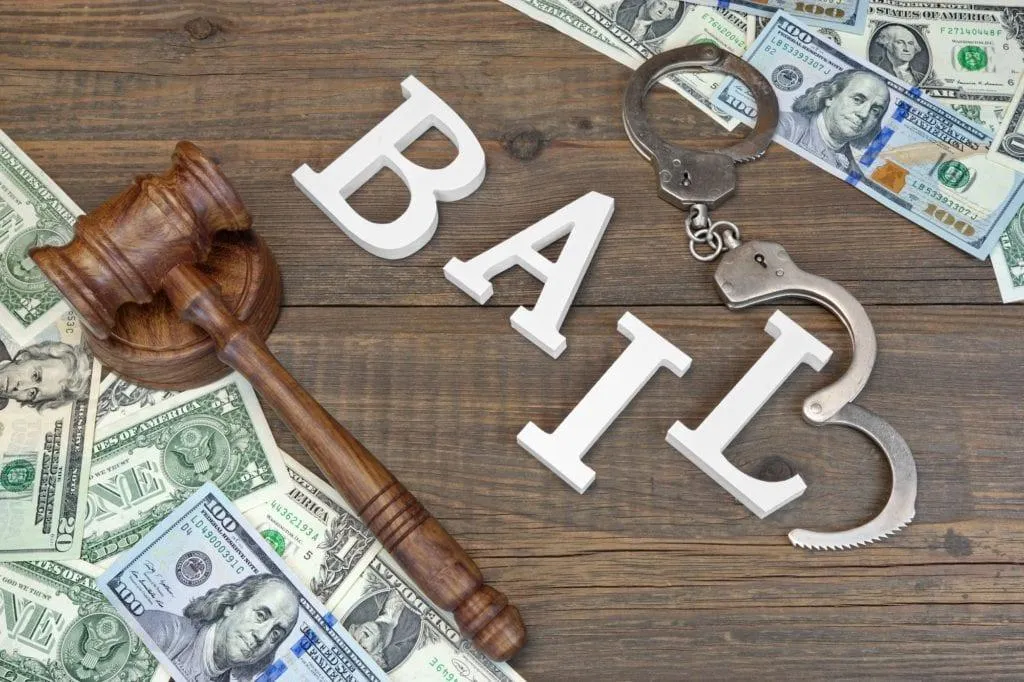Understanding Bail Bondsmen: Myth vs. Reality
Published on: 27/09/2024
In the criminal justice system, bail bonds play a crucial role in safeguarding the legal rights of defendants. Although bail bonds in Raleigh, NC, prove to be a convenient
Bail Bonds





